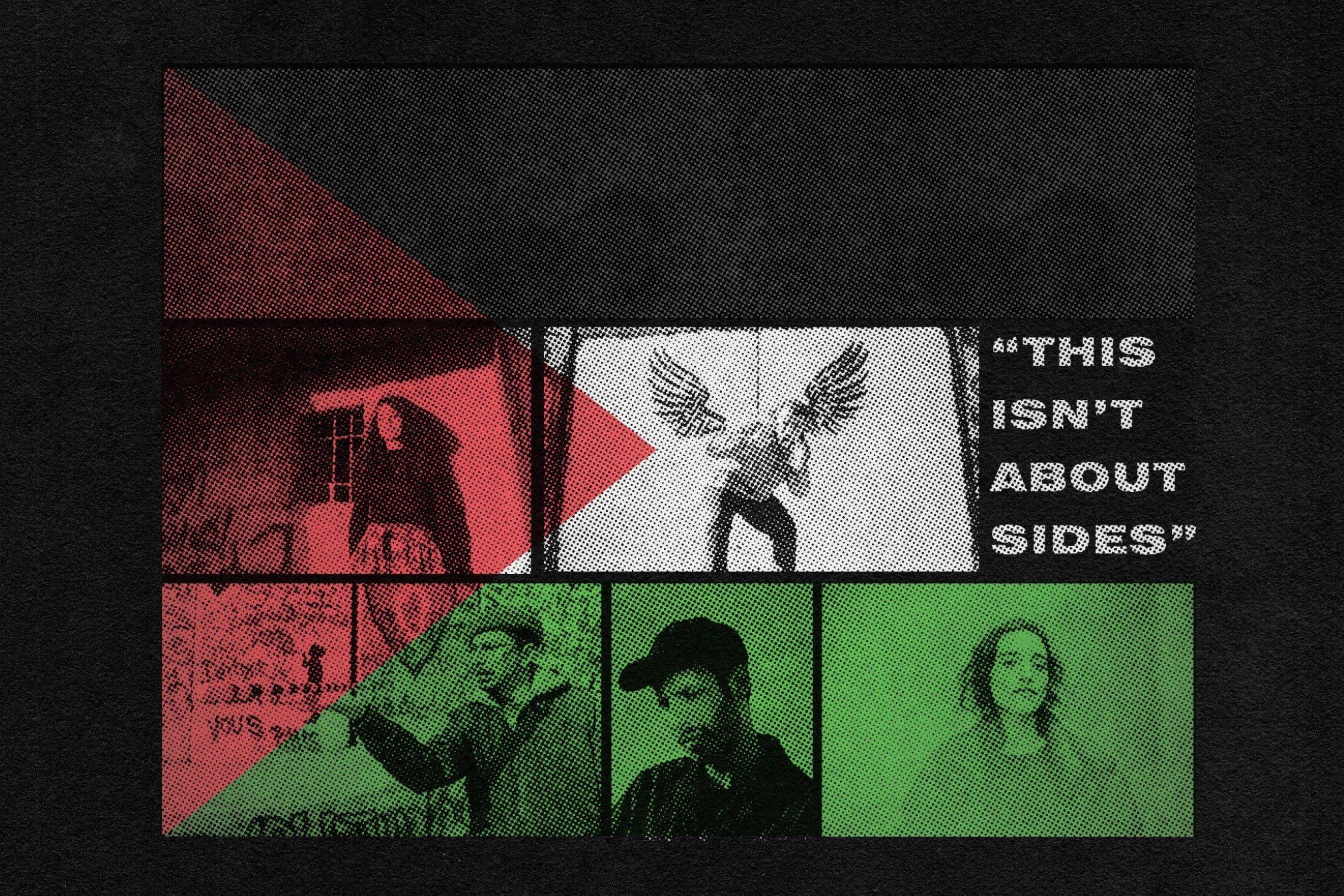 Features
Features
“This isn’t about sides”: Palestinian artists call for music world to support ‘basic human rights’
Zab Mustefa speaks to four artists in Palestine about the situation on the ground and how the music world can help
In 2018, artists across the world joined the #DJsForPalestine campaign, which called for a cultural boycott of Israel over its continued human rights abuses against Palestinians.
Three years later, days of violence, that were triggered by Israeli settlers attempting to expel families who have lived for generations in the Sheikh Jarrah neighbourhood of Jerusalem, have led to at least 212 Palestinians being killed, including 61 children at the time of writing. 10 Israelis have also been killed, including two children.
Palestinians from the creative scene are taking to social media to speak out about what is happening on the ground. While a cultural boycott of Israel is important for them, right now they want the world to stand up against the airstrikes happening in Gaza and against 73 years of injustice.
In the case of 47SOUL, the electronic-shaabi band who pioneered the term “shamstep”, Walaa Sbait, frontman of the group, was arrested on May 13 by Israeli military while out filming an Instagram live in Haifa. His bandmate El Far3i watched the feed in horror before it was cut.
In the West Bank city of Ramallah, lyricist and rapper Makimakkuk spent days protesting against the Israeli occupation, while like many protesters tried to protect herself from being shot by the Israeli military. Also from Ramallah, Sama’ Abdulhadi is calling for DJs to support Palestinians, while Rojeh, who curates show on Radio Alhara, is worried for his family and friends after his classmate in Haifa was beaten and his car was set on fire by an Israeli settler mob.
Human Rights Watch has officially accused Israel of carrying out apartheid, stating that “Israeli authorities have carried out a range of inhumane acts” in its report from April 2021. But with the “both sides” rhetoric portraying this as an equal struggle, people from the Palestinian music scene are saying, enough is enough.
Mixmag spoke to them about what is happening:
JENIN/AMMAN EL FAR3I - 47SOUL
The frontman and cofounder of 47SOUL, Walaa Sbait, was arrested by Israel’s military on May 13. What happened?
Walaa was doing an Instagram Live from Haifa and it got cut off. We learned from his family that he had been arrested and now he’s under house arrest. It made me feel frustrated because I didn’t understand why it was happening. Obviously, there’s a lot going on in the streets of Palestine. It was important that we announced it right away because as a band that has some of a following that’s international, we tour mainly outside the Arab world. We had to speak out. Walaa is known for making people move and dance. Other than being a frontman of 47SOUL, he is the hype. He’s a dabke dancer [traditional Palestinian dance]. His energy on stage makes people really happy. If it’s to the scale that an artist is on his Instagram Live just showing what is going on in his street that’s being attacked by settlers that are protected by the Israeli forces and then he’s arrested, that speaks volumes about how brutal Israeli forces are.
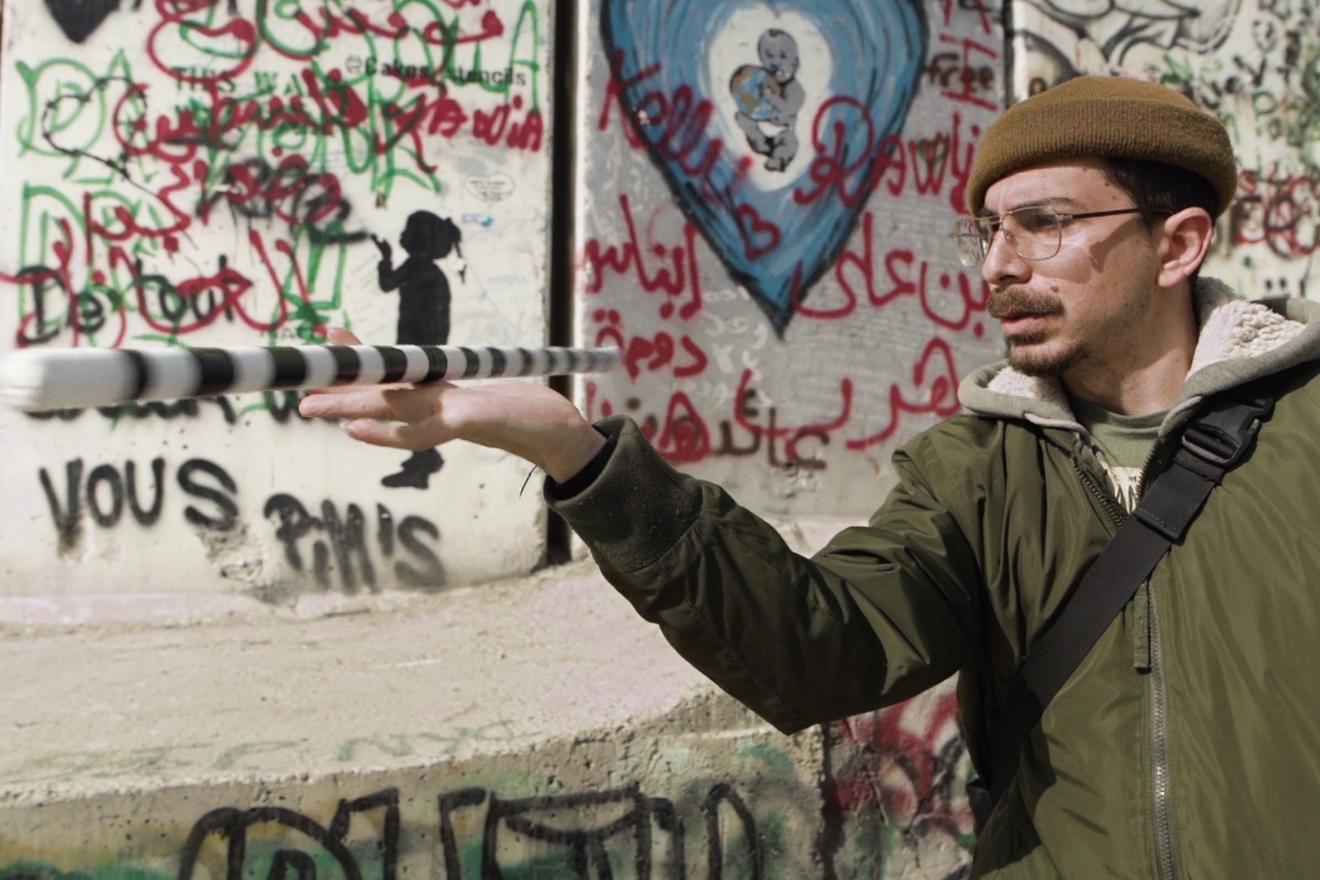
As a musician, do you think the music world is doing enough to speak out about what is happening?
With this round of violence, I’ll tell you what I am happy about. I feel that any international groups that want to show solidarity, their voices have risen a little bit more this time. That’s important because this narrative of being just simply frustrated as a human from the world about “two sides” having a conflict is one of our biggest problems in Palestine. We never saw it as a conflict and we tried to talk about it in this way, it wasn’t even us as a representation.
On an international level, when you hear President Joe Biden say “Israel has the right to defend itself”, how does that make you feel as a Palestinian?
This phrase sounds like a broken record. It’s been repeated so much in the last 20 years and it’s a statement that makes me very emotional because when the average person hears that, they’re going to think Palestinians and Israelis are equal. My mum is from Jenin and my father is from Liid, which is in 1948 Palestine [land where Palestinians lived prior to the Israeli Declaration of Independence, resulting in millions of Palestinian refugees]. I can’t travel to my own city. I live in London now and I have a Jordanian passport. But my question is: what will I tell my children where I was from? Where are my roots? Because Liid was taken by force and I don’t have the right to return to it, that means I can’t just act like I’m a full global citizen with full rights just like everyone else. Just like any Palestinian, I’d love to return. The US gives billions in military aid to Israel, so Biden’s comments were so predictable. I need to emphasise that this isn’t about having an Arab and Jewish conflict. Those words are often used in politics. It’s a simple human concept. We have every right to have freedom and human rights.
You mentioned that you have family in Jenin, in the West Bank. What’s happening there?
I have family in Jenin as well and I contact them every day to see if they’re OK because in Jenin right now, it’s very heavy with what’s going on. The Israeli military has been out in full force. My family’s house there is literally on the spot, do you know what I mean? It’s by the refugee camp and Jalameh military checkpoint, where Palestinians have been shot dead there in the last 10 days.
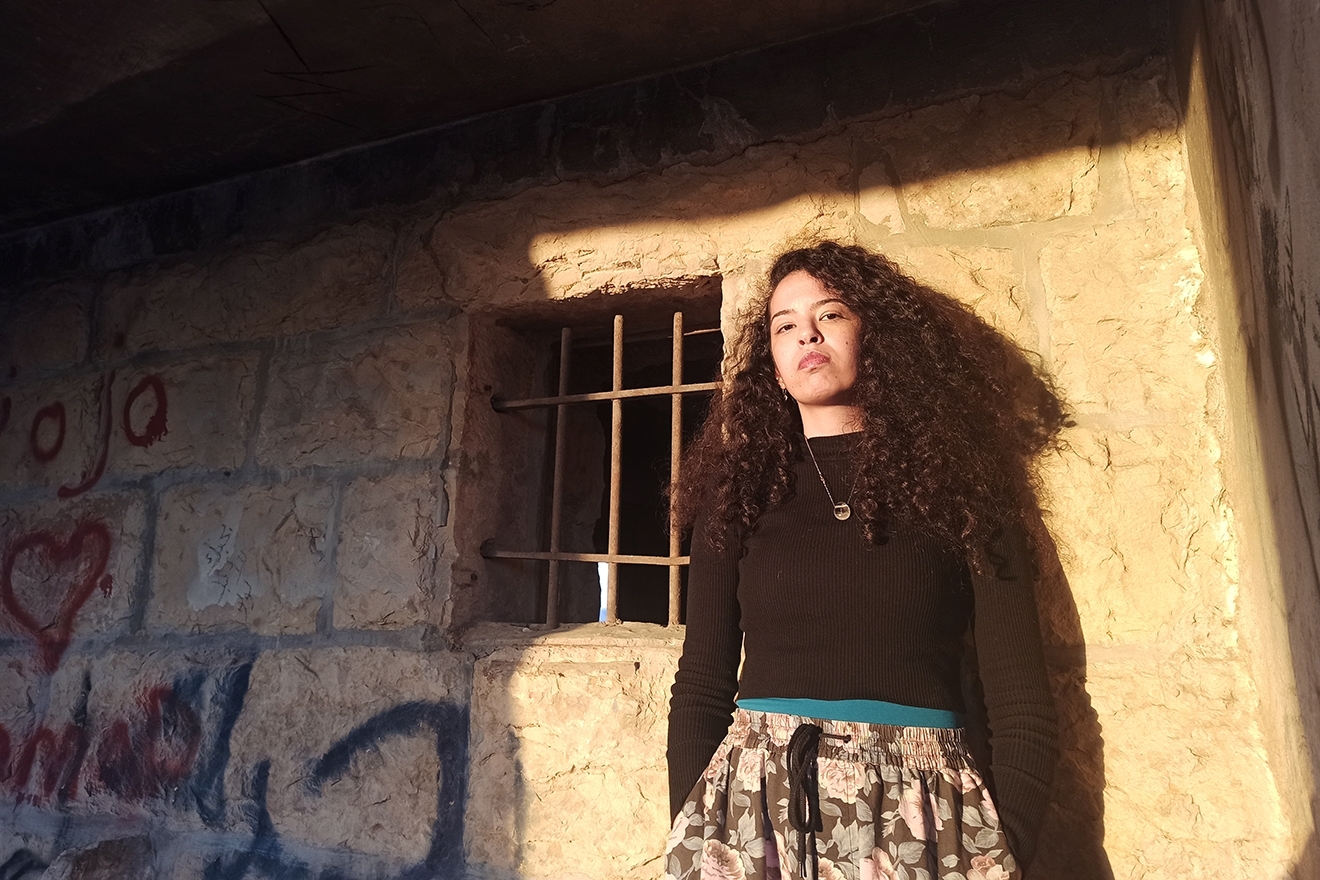
RAMALLAH MAKIMAKKUK - LYRICIST, PRODUCER AND DJ
Have you attended any protests? What's been happening?
Yes I have. People are protesting on a daily basis all across historical Palestine against the violent displacement of Palestinians. Rubber bullets, live ammunition, stun grenades, tear gas, guns and drones are being used against the protestors. Armed settlers are attacking people in their homes, streets, lands and neighbourhoods all over the country. Setting aside the Gaza Strip which has been under heavy strikes and bombardment, tearing down schools, hospitals, residential and media buildings resulting in the killings of many people. In Haifa for example the settlers are marking the homes of Palestinians with paint, rallying to attack them.
What do you think is going to happen in the coming weeks?
I’m not sure at this stage, but it doesn’t seem to me that it’s going to calm down. It’ll rather escalate. From what’s happening now, this is a combination of a Nakba [Arabic for “catastrophe” where some 600 Palestinian villages were destroyed in 1948] and intifada [Palestinian uprisings in 1987 and 2000-2005], with the forced violent displacement, racism, genocide and white supremacist colonisation. Palestinians across Palestine and the diaspora are united as never before, and are going to continue their part in protesting and protecting their neighbourhoods and homes from the settlers who have the protection and support of the Israeli police and army. Gaza’s situation is very critical and is probably going to get worse.
As an artist and a big part of the Palestinian music scene, what would you say to the music community internationally in terms of raising awareness?
Use your platforms to speak about Palestine. If you think music connects people and carries cultural knowledge, please, my culture is being wiped out, remove your horse blinders. This is not a matter that you can be neutral about.
You've spoken before about how you wish there were no borders - that you'd be able to freely travel and tour without restriction of movement. Before the pandemic, what did travelling look like for you?
Let’s start by saying that I can’t even travel freely within my own country. As an artist, I cannot tour in Gaza, Jerusalem or 1948 Palestine. How about the fact that we’re deprived from having our own airport? I love travelling, meeting new people and exploring diverse cultures, but it always comes with humiliation, anxiety and a dose of trauma.
[Photo credit: Yara Jarrar
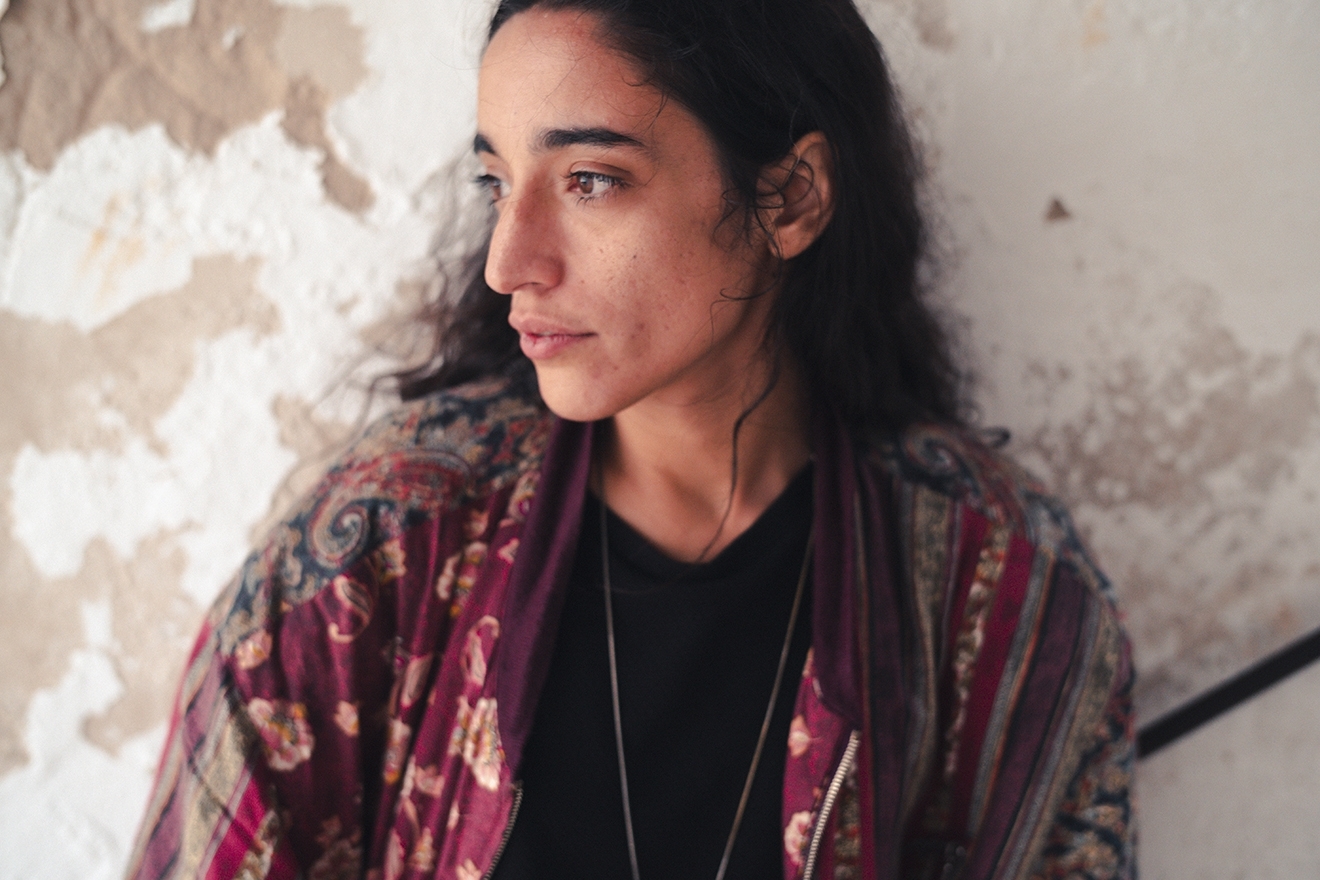
RAMALLAH SAMA’ ABDULHADI - DJ
On May 18, Palestinians declared a general strike. Did a lot of people participate?
What is happening right now is an uprising against decades of military occupation and apartheid. Today [May 18], Palestine declared a general strike from the river to the sea and thousands took to the streets to protest and march. We are uniting and marching and supporting each other in our demand for liberation.
How are young Palestinians dealing with the trauma of what is happening?
We’ve been dealing with this since we were born. It’s not just a recent thing. I was a teenager when Israeli soldiers decided to occupy my house during the second intifada. Most kids will see Israeli tanks roll through their city and it’s like normalised for us when it shouldn’t be.
As a Palestinian DJ, you've been speaking out a lot about the occupation. Why is it so important for other DJs to also speak out?
It is important for other DJs and artists to stand in solidarity with Palestinians because it is solidarity against oppression and in support of human rights. It is important to fight injustice all over the world, and Palestine is part of it. It is a cause for everyone who wishes to be free. The international community must support the Palestinian people and hold the occupation accountable for its crimes.
[Photo credit: Tristan Hollingsworth]
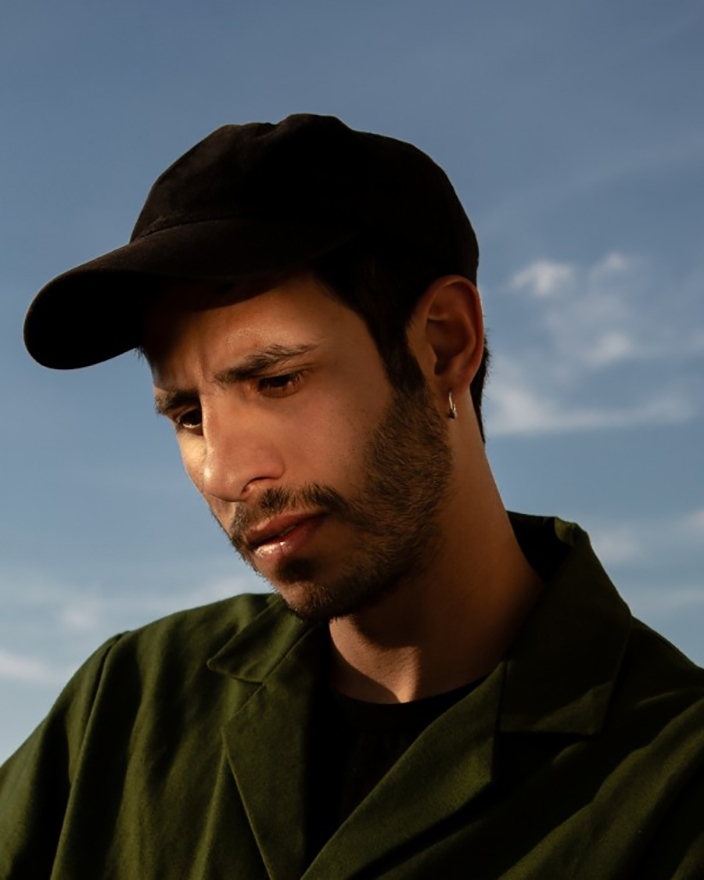
HAIFA ROJEH - JAZAR CREW | ASAAS أساس [RADIO ALHARA]
What is happening on the ground right now in Haifa?
In Haifa, there was no one in the streets. No one went out, the places were closed, the streets were empty. The chaos started a few days ago when a group of young Palestinians had a peaceful protest against what’s happening in Sheikh Jarrah in solidarity with Palestinians and the people. The Israeli police were really rough and attacking people. They were against Palestinians protesting. Palestinians were being violently arrested, tear gassed, while Israelis who were violent were protected.
I saw videos of Israeli mobs attacking Arabs in Haifa and destroying Palestinian property. To what scale has the violence been?
There was an Israeli radical group of youngsters who took to the streets and started to be violent, but they were protected by the police. It wasn’t “two sides”. It was well documented, there are videos showing the violence and the facts are out there. It’s scary because Israeli undercover police dressed up as protesters and they tried to also arrest people. The next day, this group of extremist Israelis made various Telegram groups. They started calling on people to go out with weapons including knives and to lynch Arabs, to burn cars and to mark houses in Arab neighbourhoods so they could come during the night and attack their homes while they sleep. They started punching people in the streets and the mobs grew bigger.
Kind of obvious question, but how are Palestinians feeling at this point? Are you scared for your family?
It’s very dangerous. People are scared and not leaving their houses. The Israeli groups parked their cars next to my parents’ place to march from there. They burned the garbage bins next to my parents car. They found my classmate on the street. He was beaten up and they burned his car.
What would you say to people in the music community who have stayed silent?
You need to speak loud and clear about the human rights abuses. It doesn't have to be complicated and to start a discussion about history and whose fault it is. You need to care about basic human rights. This isn’t about sides. The Israeli lobby is very good at using Hamas as a scapegoat. We are against Hamas. We are against the Palestinian Authority as well. We are for justice for the people. We are not standing with any government on any side, we are just standing with people. It’s not just a Palestinian struggle. It’s a struggle for all oppressed people. From Palestine to Colombia, the problem isn’t only Israel. It’s a bigger system of powerful people and we should call for not just free Palestine, but stop this monster machine against all oppressed peoples.
Should DJs with bigger profiles be doing more to amplify Palestinian voices?
They should do more of course because we need the international community to help and raise their voice to put pressure on their governments so these massacres of Palestinian people will stop.
You were a part of the #DJsForPalestine campaign in 2018 alongside the likes of Ben UFO, Discwoman and Four Tet, which called for a cultural boycott of Israel. Why is this movement still vital?
The people who participated in #DJsForPalestine are still raising awareness. It just needs more people to join and raise Palestinian voices. We’re asking the international community to stand with the people. I think some people are scared to criticise Israel in fear of being called anti-Semitic, which is total bullshit. What’s happening to Palestinians is about freeing us as a people. We need our voices to be heard. We just want to live in peace.
[Photo credit: Mudar Al-Khufash]
Donate to Medical Aid for Palestinians here


